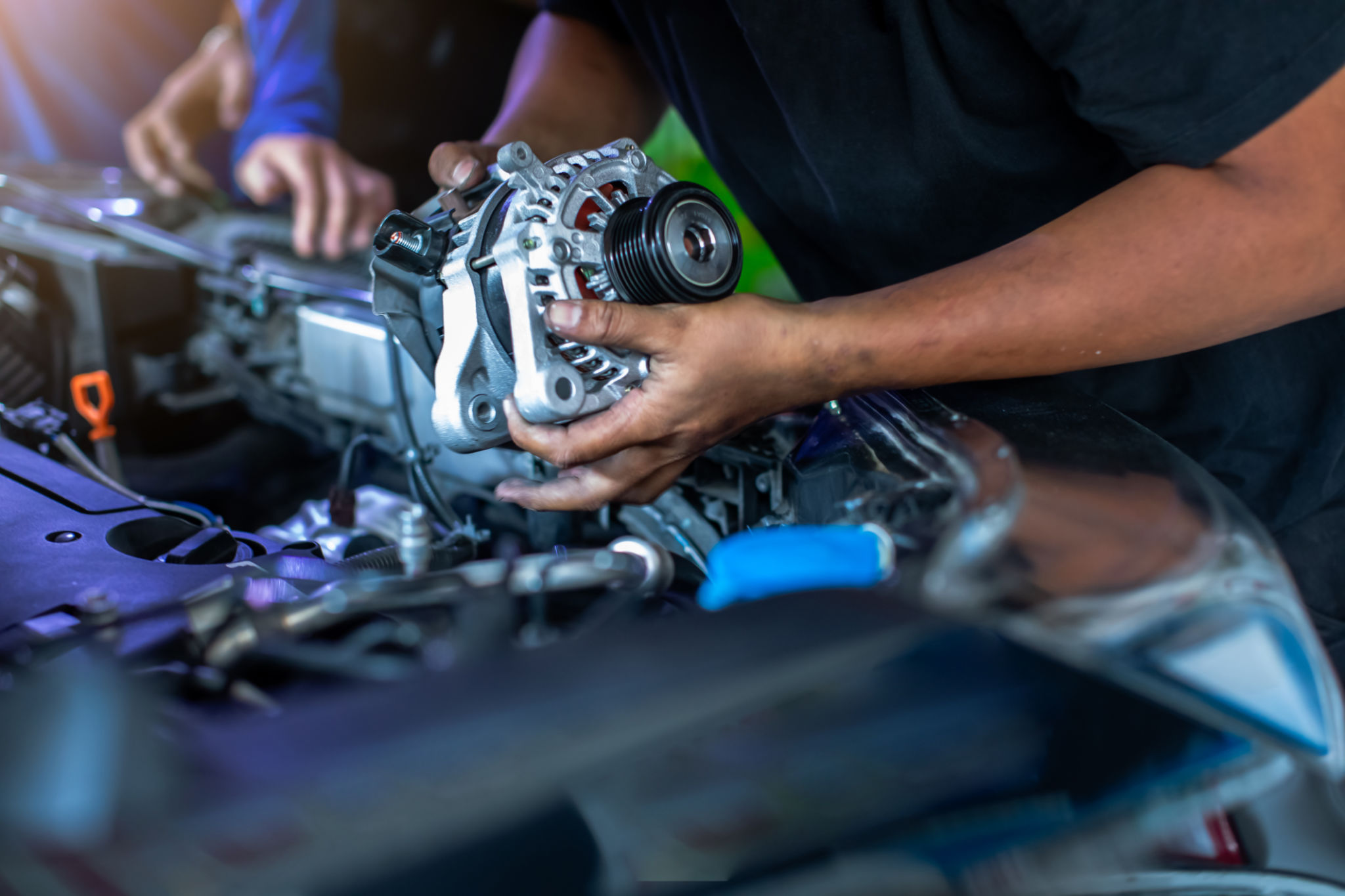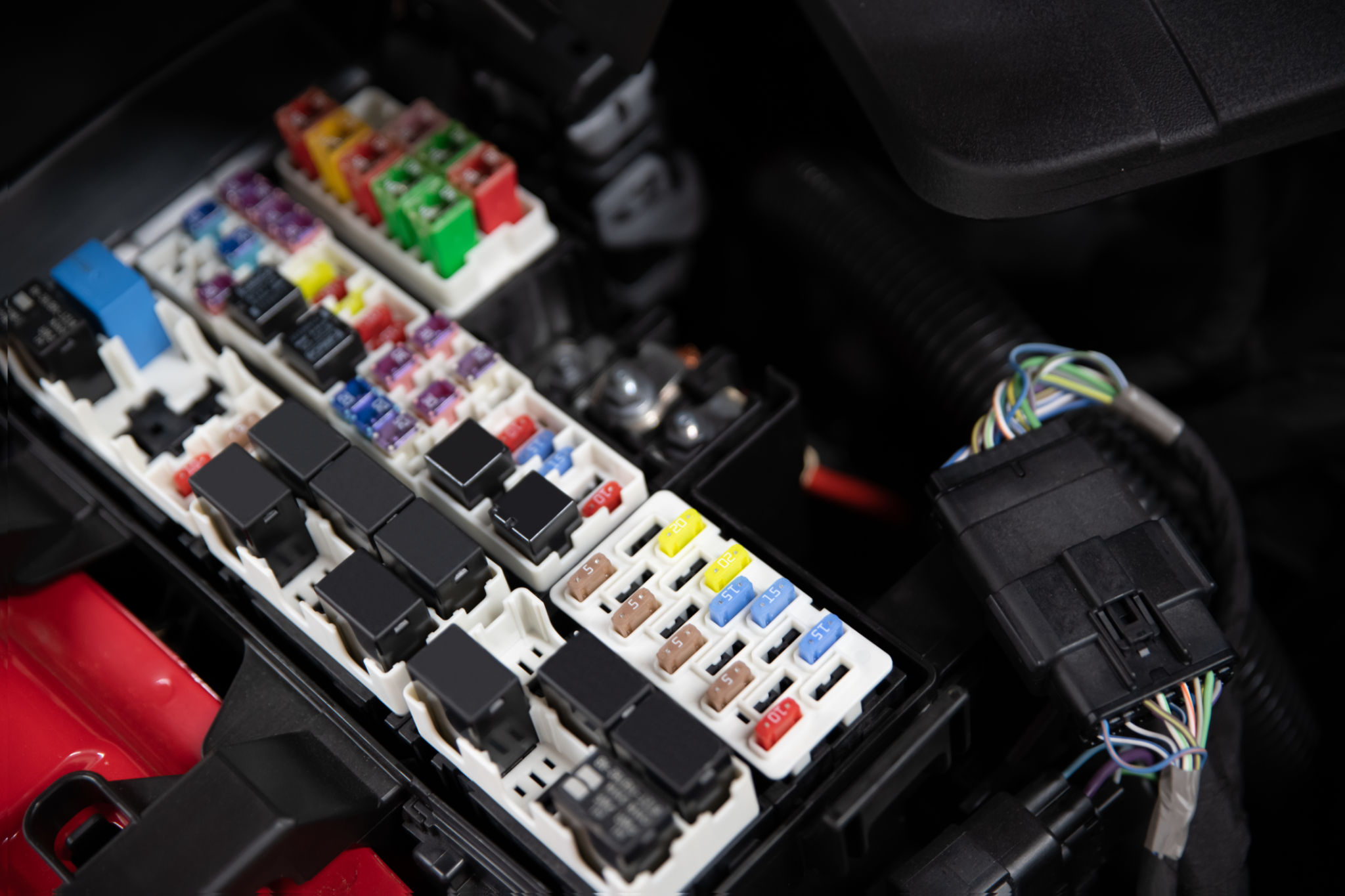Common Electrical System Problems in Cars and How to Fix Them
Owning a car can bring a great sense of freedom, but it also comes with the responsibility of maintaining its various systems, including the electrical one. Understanding common electrical system problems in cars and how to fix them can save you time, money, and frustration.
Dead Battery
A dead battery is one of the most frequent issues car owners experience. It can result from leaving the lights on, a parasitic drain, or simply an old battery. To fix this issue, first try jump-starting the car. Ensure you have jumper cables or a portable jump starter in your vehicle at all times.
Preventive Measures
To avoid future battery problems, regularly check the battery's age and health. Most car batteries last between three to five years. If your battery is nearing this age, consider replacing it proactively.

Faulty Alternator
The alternator charges the battery and powers the electrical system when the engine is running. A failing alternator can cause dimming headlights, electrical issues, or a warning light on your dashboard. If you suspect an alternator problem, it's crucial to have it checked immediately.
Diagnosis and Repair
Use a multimeter to test the alternator's voltage output. If it reads below 13.5 volts, it's likely not functioning correctly. In such cases, replacing the alternator is often necessary. Always consult a professional if you're unsure about handling this repair yourself.

Blown Fuses
Fuses protect your car’s electrical circuits by breaking the connection if there’s an overload. A blown fuse can cause certain components like lights or the radio to stop working. Identifying and replacing a blown fuse is usually straightforward.
How to Replace a Fuse
First, locate your car's fuse box, often found under the dashboard or in the engine compartment. Use the diagram on the fuse box cover to find the blown fuse, which will appear discolored or broken. Replace it with a new fuse of the same amperage.

Malfunctioning Starter Motor
The starter motor is responsible for turning over the engine when you start your car. If you hear a clicking noise when turning the key or if the engine fails to start, you may have a faulty starter motor.
Troubleshooting Steps
Begin by checking the connections between the battery and starter motor for any loose wires or corrosion. If these connections are secure, the starter motor might need replacement. Consider consulting a mechanic for this repair to ensure proper handling.
By understanding these common electrical system problems and knowing how to address them, you can keep your car running smoothly and avoid unexpected breakdowns. Regular maintenance and timely repairs are key to extending your vehicle's lifespan and ensuring safe travels.
